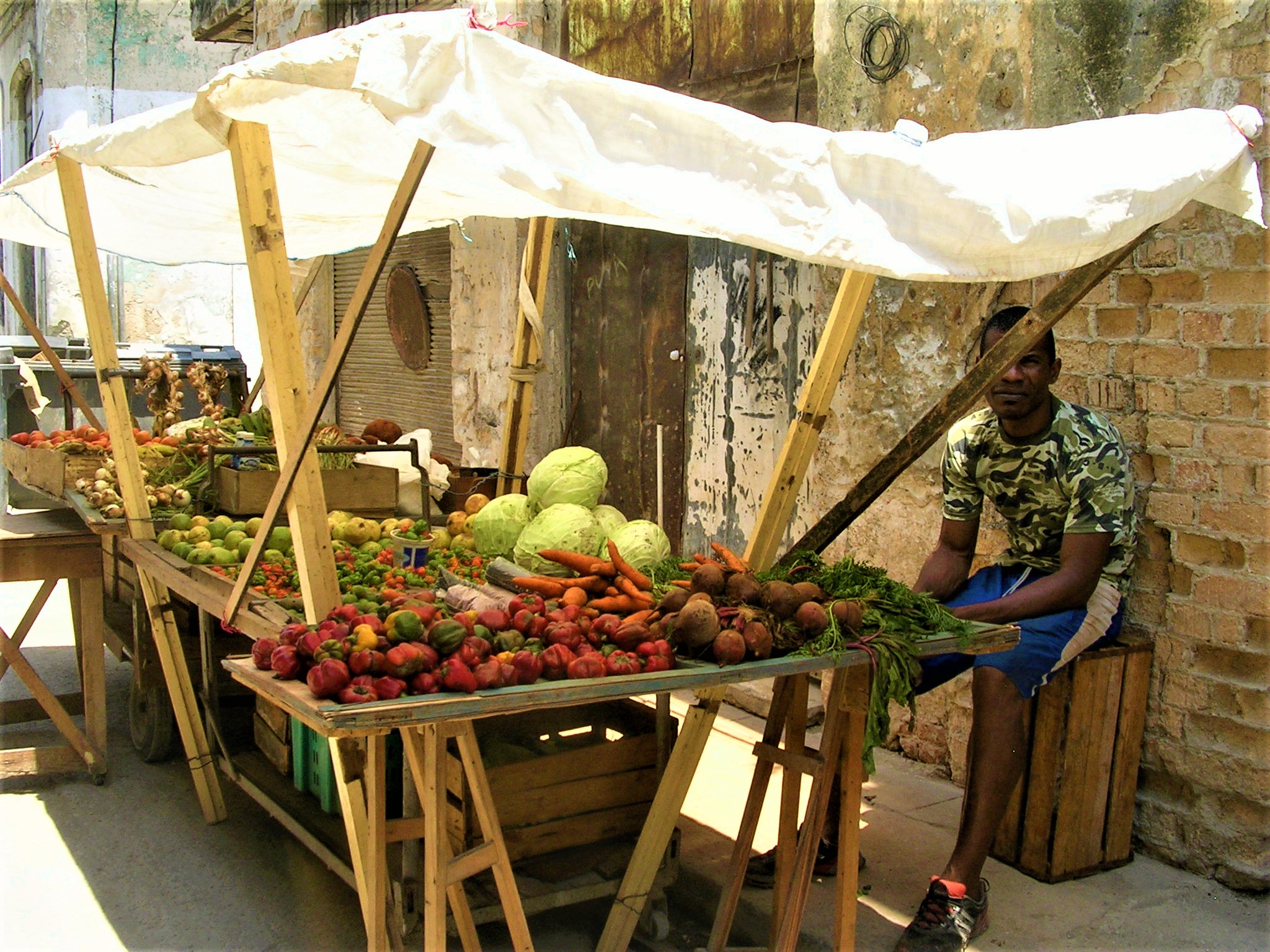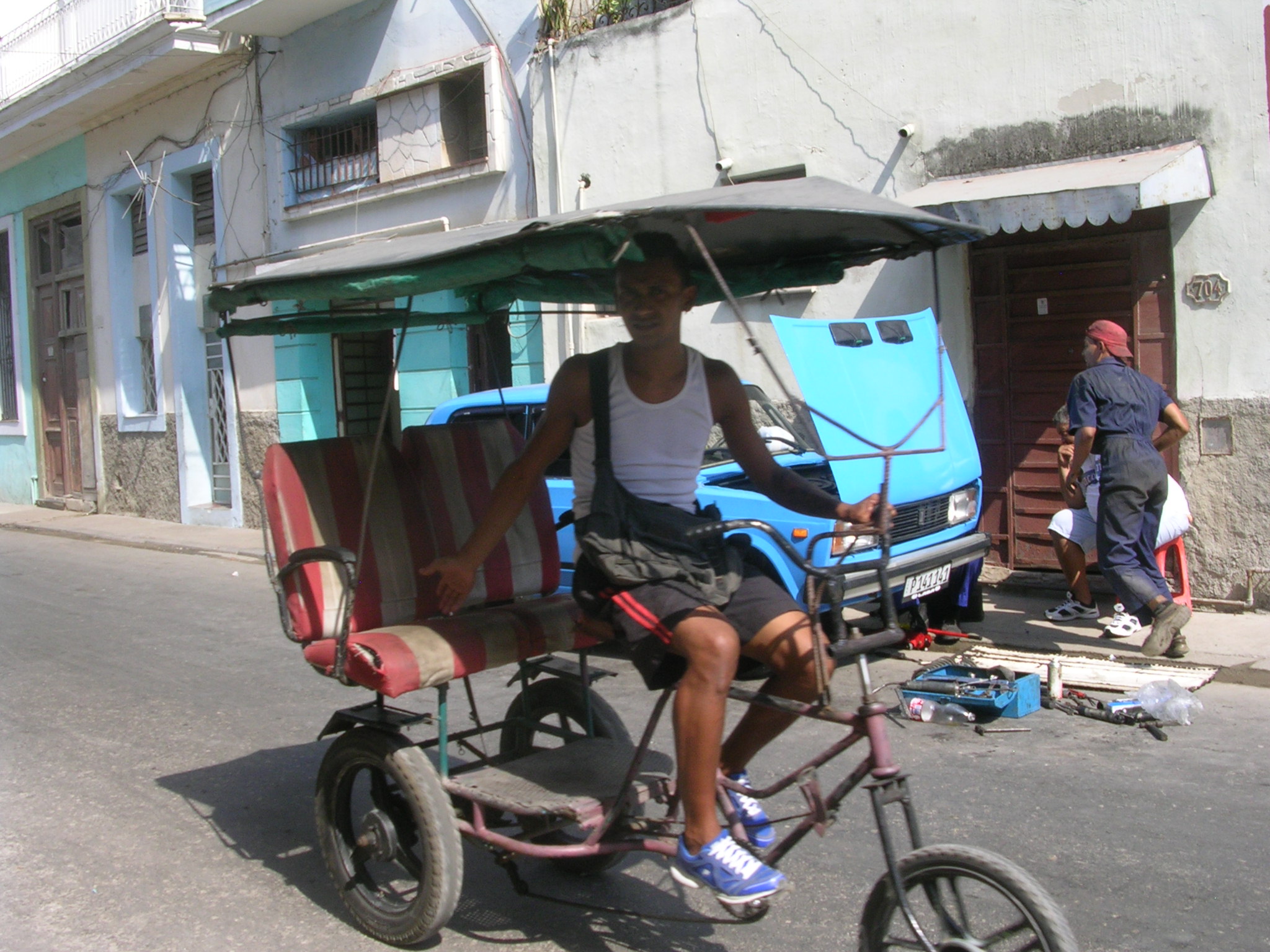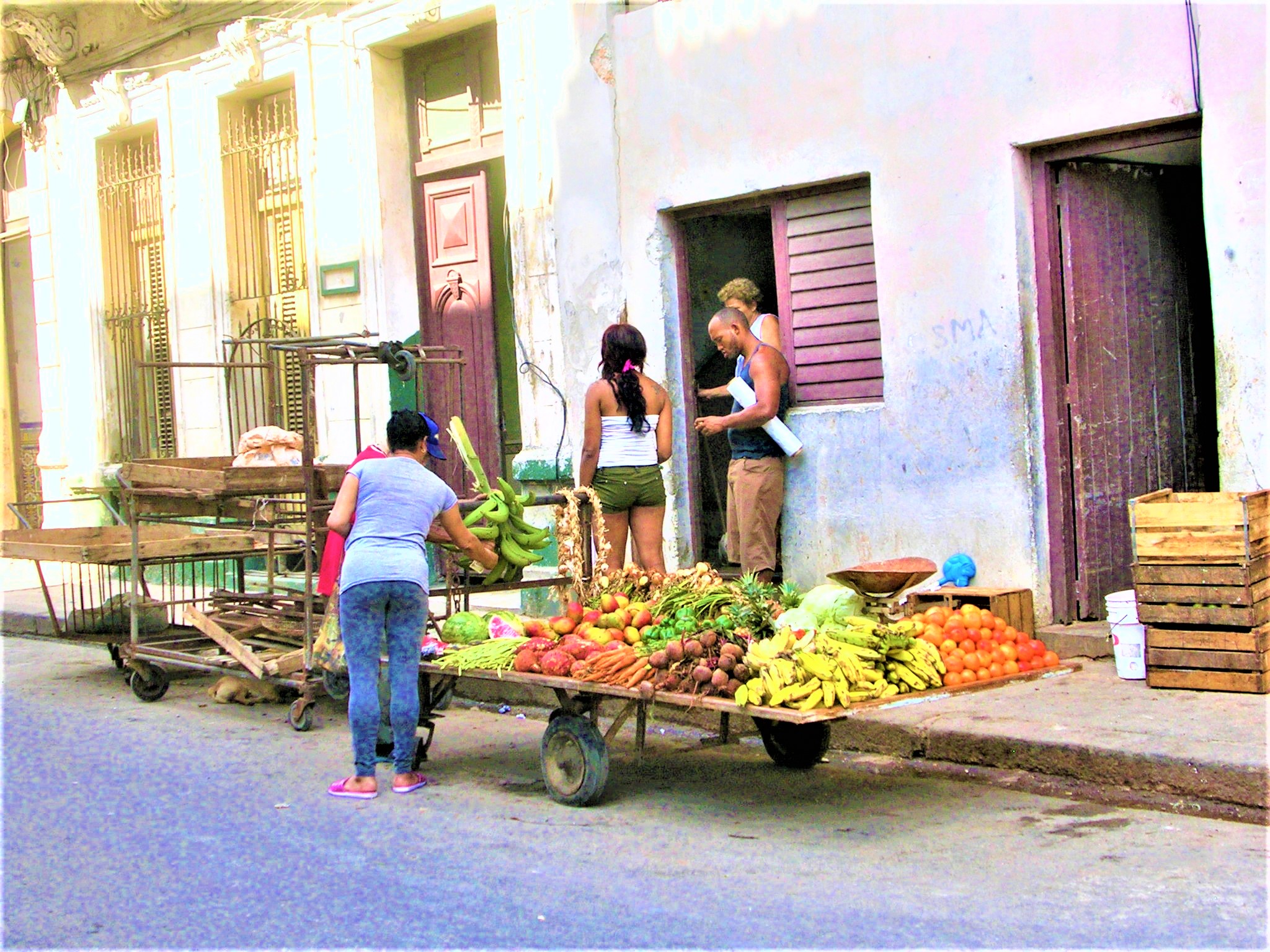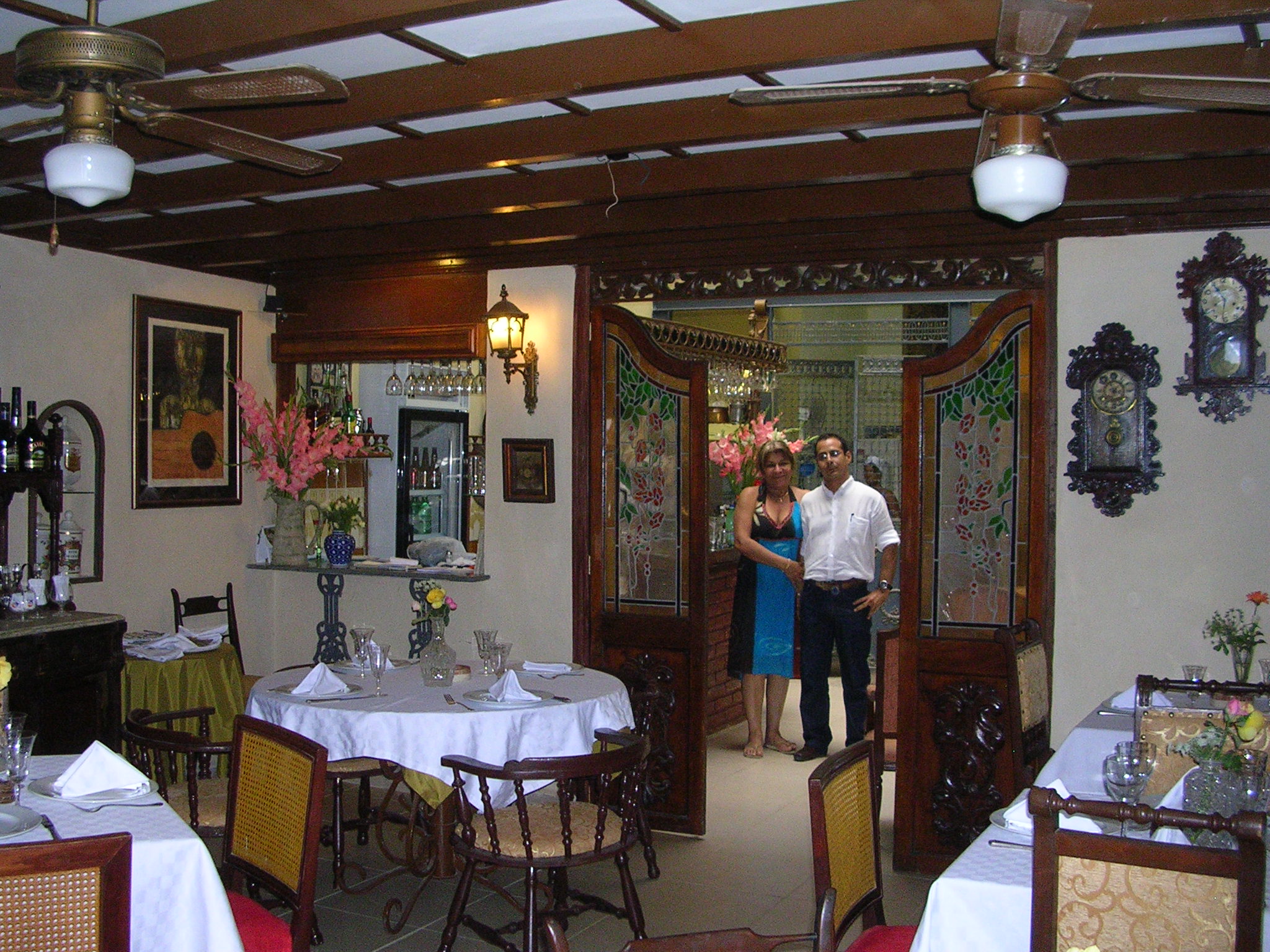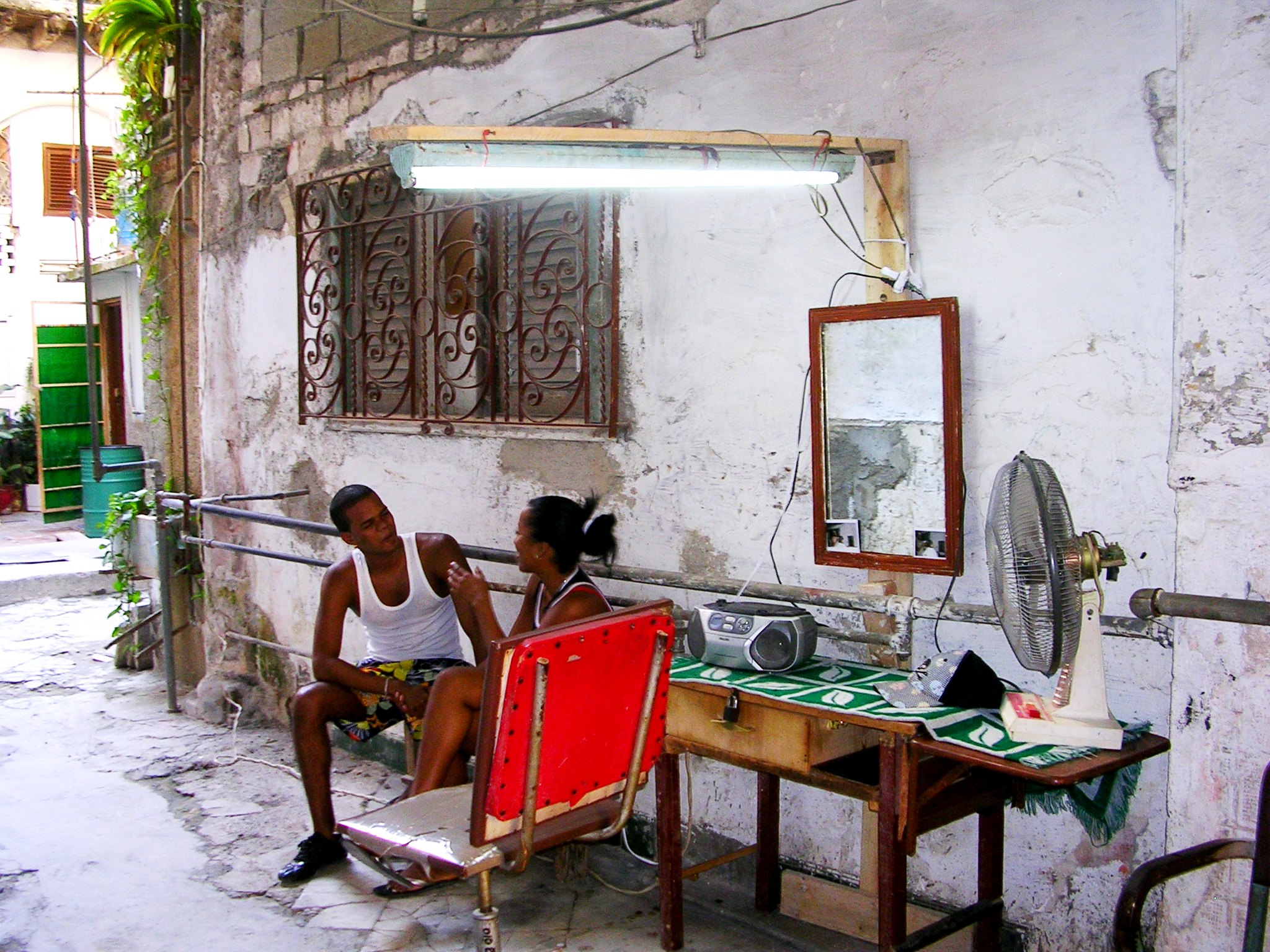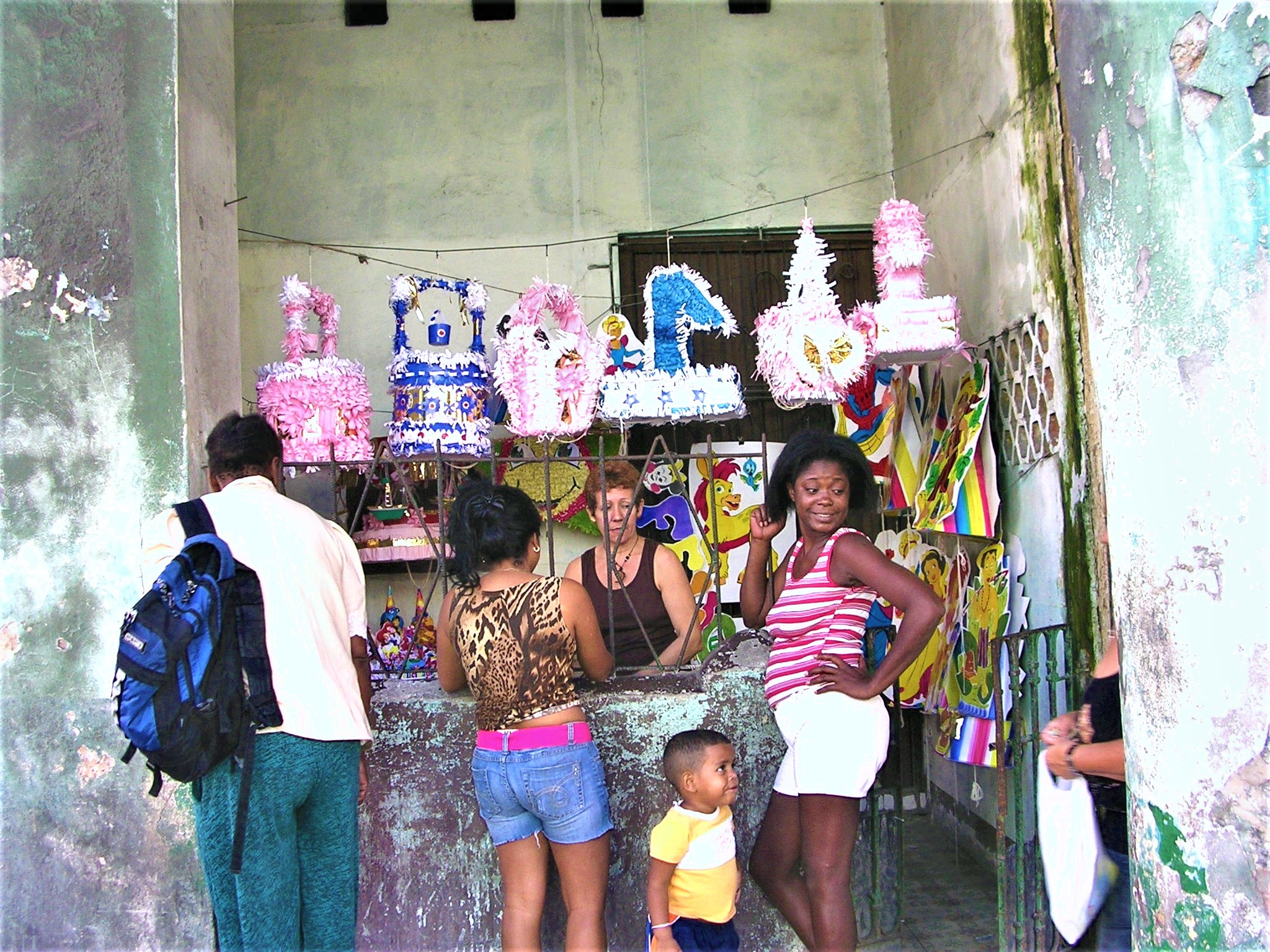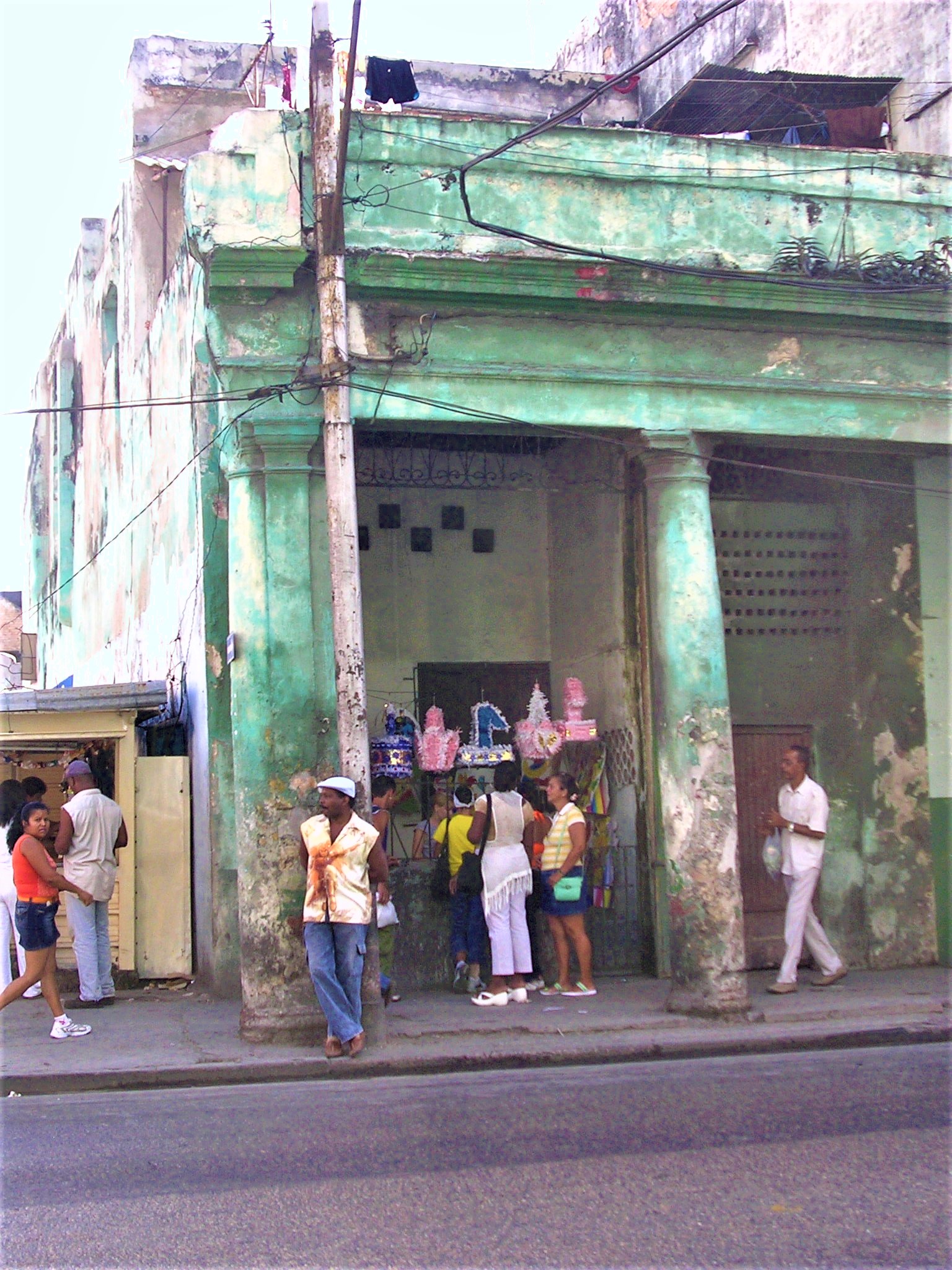The Economist, December 8, 2018
Editor’s note (December 6th, 2018):
Late on the evening of December 5th, after this piece had been edited and fact-checked but before it went to press, Margarita González Fernández, Cuba’s Minister for Work and Social Security, announced last-minute changes to new regulations governing Cuba’s private sector. Happily, the modifications address some of the more unpopular aspects of the new regulations, which were first announced in July. Of greatest significance is the change that will allow Cuban cuentapropistas, or the self-employed, to keep multiple work licences, rather than having to surrender all but one, as previously announced. (Bookshops with attached cafés will no longer be breaking the law.) The percentage of earnings that cuentapropistas must deposit into designated bank accounts has been lowered from 80% to 65% and the rule to prohibit restaurants from seating more than 50 patrons at a time has been dropped. The last-minute modifications are a sign that while the government is far from enabling the private sector to flourish, it is concerned with creating too much discontent and is, if ever so slightly, considering public opinion when making its decisions.
**************************************
EIGHT YEARS ago Cuba’s government laid off a tenth of the country’s workforce—some half a million people—and encouraged them to start their own businesses. They did, with gusto. Nearly 600,000 Cubans have become cuentapropistas, or self-employed, opening restaurants, boutiques, repair shops, beauty parlours, bakeries and bars. They have renovated and rented out spare bedrooms in their homes, turned family cars into taxis and poured their savings into design studios, creating an additional 400,000 jobs and a much-needed, if still tiny, tax base. Many now earn much more. The average state wage is 848 Cuban pesos ($33) a month; a taxi driver with a decent ride can make more than ten times that. But new regulations, which run to 129 pages and take effect on December 7th, look likely to damage the country’s nascent private sector. They come at a particularly bad time for Cuba’s economy, which is already suffering from stagnant exports, broke allies and disappointing tourist numbers.
The most devastating new rule is one that makes it illegal for individuals to hold more than one licence to engage in private business. Cuba issues licences in only 123 categories—and if a licence for a job does not exist, neither does that job, at least officially. There is little logic to the system. A single licence does the trick for any computer-related business, allowing a cuentapropista to provide everything from software to online marketing services. Separate licences for massages, manicures and braiding have been consolidated into one, to the delight of salon owners. But other categories are narrower: selling hardbacks and brewing coffee require two separate licences, effectively making bookshops with cafés illegal. Restaurants that double up as bars face the same fate.
Officials at the Ministry of Labour and Social Security say that the new regulations are meant to discourage black-market trading and tax evasion, while also reducing inequality. The expansion of private businesses over the past few years has indeed contributed to these problems. But the government’s proposed solutions will either have no real effect—business-owners will acquire licences in the names of friends or family—or exacerbate them.
Take wholesale markets. There is only one on the island. Most businesses must rely on state-run shops, which offer a limited range of goods, or acquire products on the black market. The government’s answer is to require cuentapropistas to open bank accounts so that it can track where they spend their money. Drivers of almendrones—ride-shares that substitute for a functioning public transport system in Havana—will be given magnetic cards with which they are expected to buy a set quantity of “subsidised” petrol every month. But since subsidised fuel costs more than the black-market stuff, many drivers are simply handing in their licences.
Cubans who rent out rooms or run other small businesses, such as restaurants or repair shops, must deposit 80% of their income in a designated bank account. They are understandably loth to do so in a cash-based economy where simple transactions at the bank can take hours. They can withdraw money from this account to cover business expenses and will be given a card that entitles them to small discounts when they buy items for business. But few stores accept cards.
The state has also found a novel way to tackle the concentration of wealth: restaurants are now limited to seating only 50 patrons at a time, ostensibly to keep owners from consuming too many resources. And under a new tax scheme, any cuentapropista who wants to hire more than 20 workers must pay onerous wages for each additional employee. The government is happy for people to start businesses, so long as they do not make too much money.
A few helpful new rules have snuck in among the enterprise-throttling ones. Employers will be required to have formal contracts with their workers. They face the suspension of their licence if they are found to be discriminating on the basis of race, sexuality or disability. And business-owners no longer need to close up shop if they fall sick or have a family emergency; they can appoint an interim manager and take some time off.
Yet the overall effect of the new regulations will be to slow the budding private economy. “Being a cuentapropista is the only opportunity we have at a better life without leaving the country,” says the owner of a modest craft shop in central Havana. Her monthly taxes will triple this week; the new rules impose higher taxes on certain businesses in central Havana. “If they take that away from us, what’s left?”

